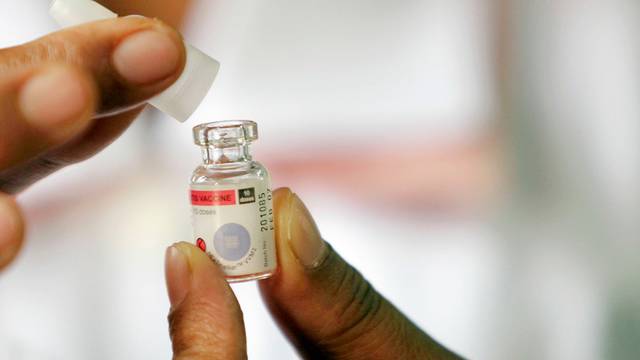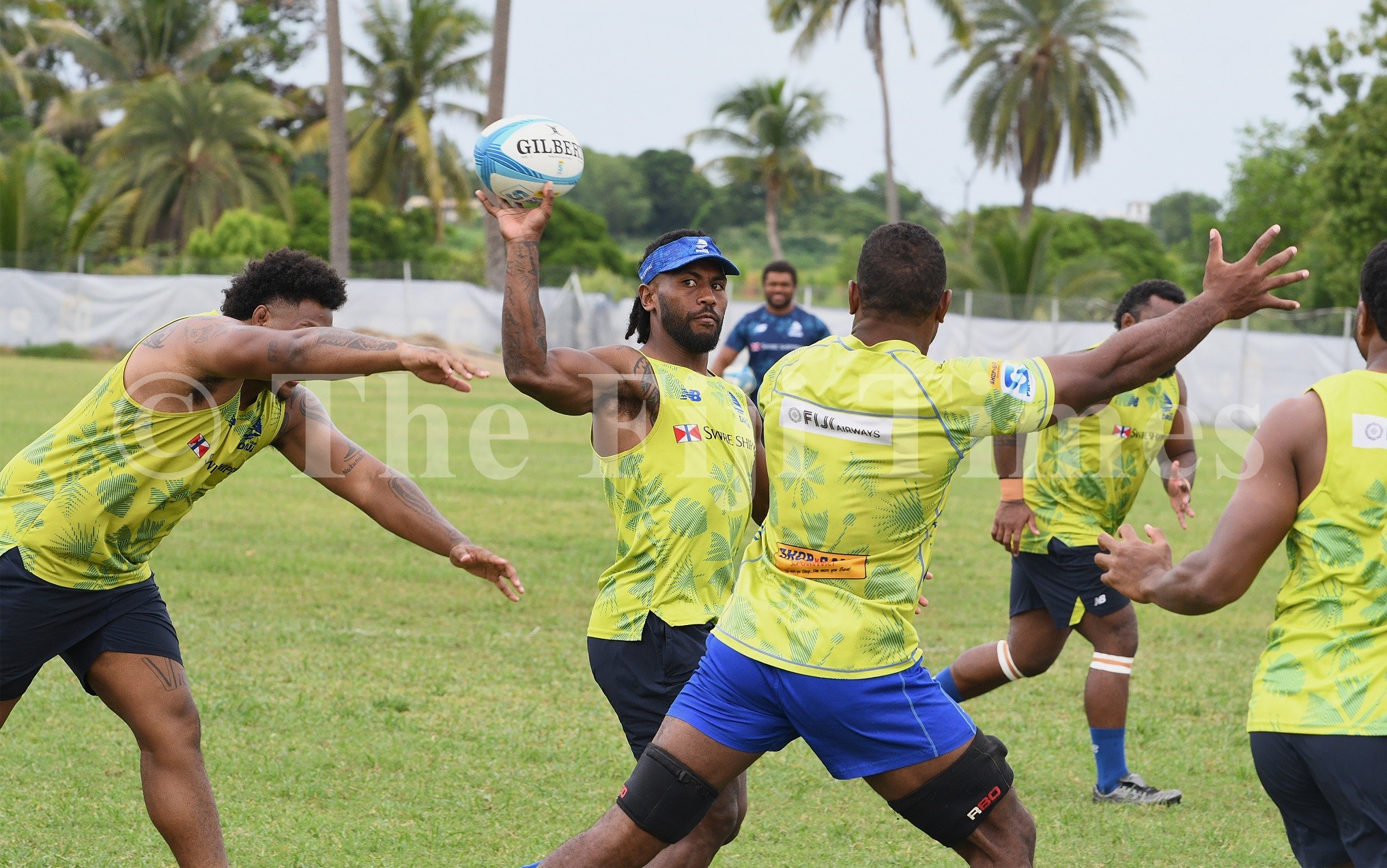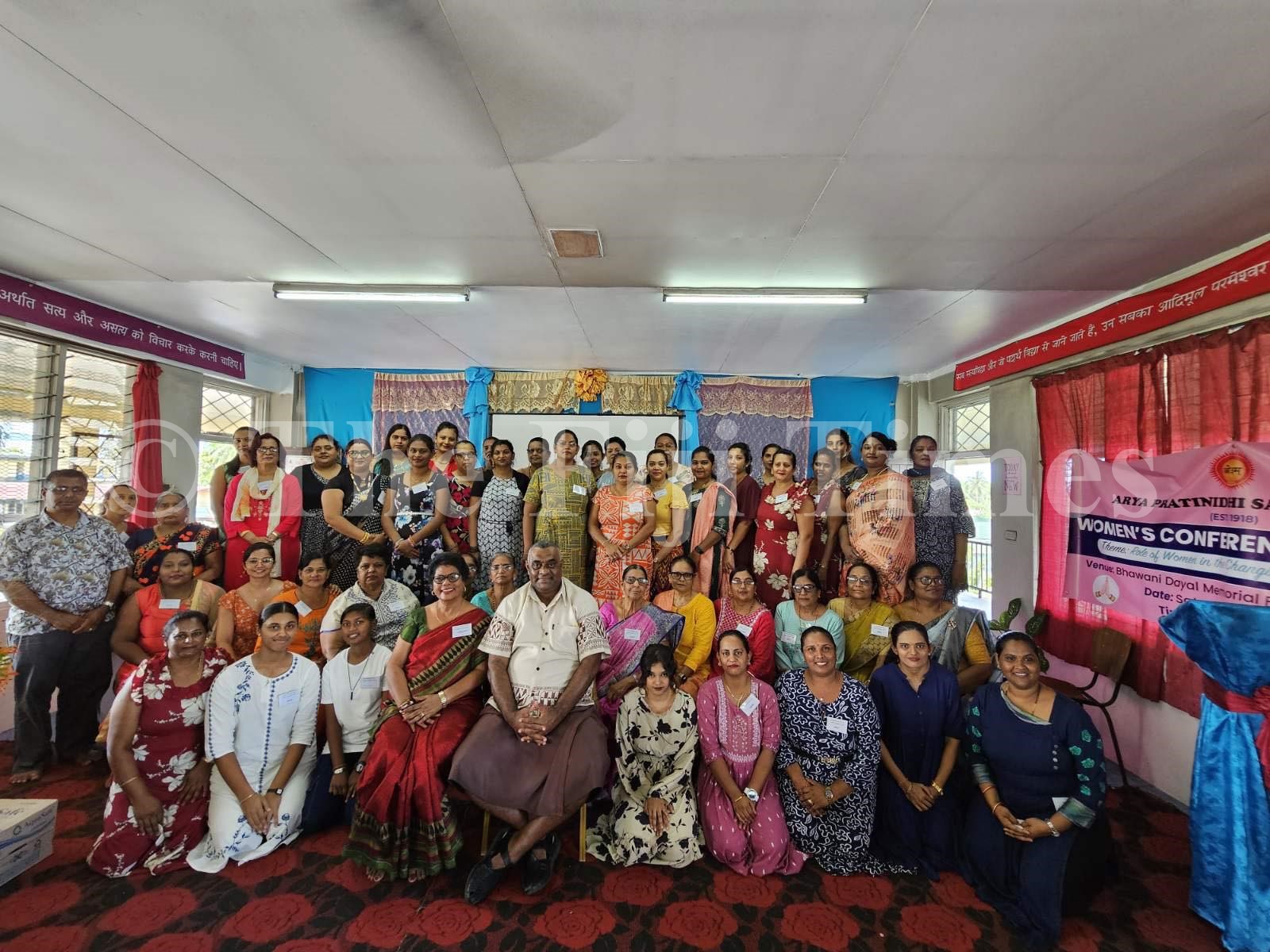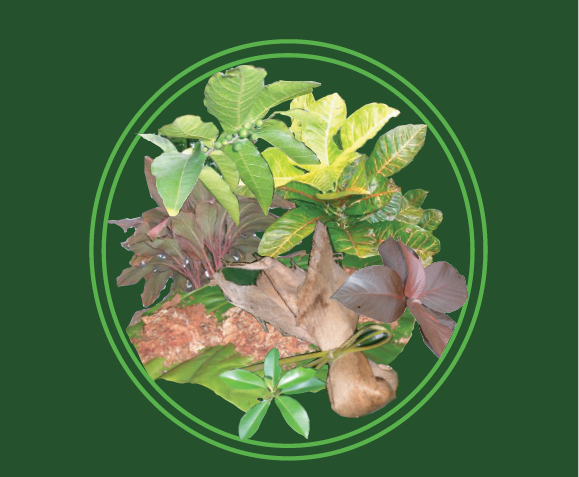PORT MORESBY, 16 JULY 2018 (THE NATIONAL) – Still reeling from an outbreak of polio, Morobe in Papua New Guinea has been struck by measles, with at least three cases confirmed in the province.
Provincial health programme adviser Micah Yawing told The National on Friday that the measles outbreak was likely to give health resources in Lae a severe jolt as officials and staff were still working to contain polio.
His deputy Jack Aita said there was one case of measles confirmed at Backroad in the Lae district and two at 14-Mile in the Huon Gulf district.
After a high number of deaths among children, PNG became largely free of measles until the end of 2013 when there was an outbreak, and sporadic cases followed.
“We sent samples to Port Moresby and they have confirmed all three cases,” Aita said of the latest outbreak.
“Last Wednesday, a team was sent in to the respective areas where the three cases were recorded.”
Aita said more than 300 children were immunised at 14-Mile, but the health workers were targeting a catchment that had a bigger population.
“For Backroad, a total of 154 children were immunised last week, and reports on the progress of immunisation will be provided this week,” Aita said. “Immunisation for measles is still ongoing at both 14-Mile and Backroad.”
Tent City Health Centre board chairman Robert Yonny said preventive measures were currently being undertaken in the Backroad area.
Aita called on mothers to take good care of their children and to take them to the nearest health facility for immunisation and checkups.
The Health Department said the polio outbreak was due to a lapse in the immunisation programme for a few years.
A similar situation is believed to have occurred for measles.
Meanwhile, Morobe is set to carry out its first round of supplementary immunisation for polio today.
The programme will start after a launching event, said Deputy provincial programme adviser for health and operations officer under the newly established response management system for polio outbreak response, Jack Aita.
“The launching of immunisation programmes at Government Compound in Lae will mark the beginning (of the programme),” Aita said.
“We have vaccines supply, cold-chain supplies and all other necessary materials and equipment being delivered to health centres that are accessible by road.
“Helicopters will drop off vaccines supply and ice packs to health facilities in remote areas inaccessible by road the same day after launching.
“These are facilities in Kabwum, parts of Finschhafen, Menyamya and Bulolo.”
Aita said all children under the age of five should be vaccinated.
“Even if children already took all three shots of their routine immunisation last year or early this year, or just last month, they must return to their nearest health facility to take it again.
“The vaccination programmes for some health facilities will start (today) but for most, they will start on Tuesday (tomorrow).”
Aita said the province had been given 95,000 oral polio vaccines.
“Every child under the age of five will be given two drops,” he said.
“This number of vaccines will be enough for the first and second round of immunisation.
“There will be a shortage, and we have been guaranteed by our partners that the next lot of vaccines will be supplied for the third and fourth round.
“From the first round of immunisation, we will know how many children to vaccinate so we can inform our partners for vaccines supply for the other rounds.
“But the immunisation will be ongoing.
“Teams will operate at the same site for all four rounds which will take place each month with the last round starting in October.”
Morobe Family Health Services programme and expanded programme on immunisation coordinator Patricia Gahanao said district health managers and facility officers were prepared to tackle the outbreak.
“With the help of the World Health Organisation (WHO), we have trained them to do population projections, work out what dose to give and how to calculate budgets, so they know how many children under the age of five to immunise,” she said.
She said the health workers were taught mainly on when, how and they were giving immunisation, especially to all children under the age of five and babies before reaching the age of one.





